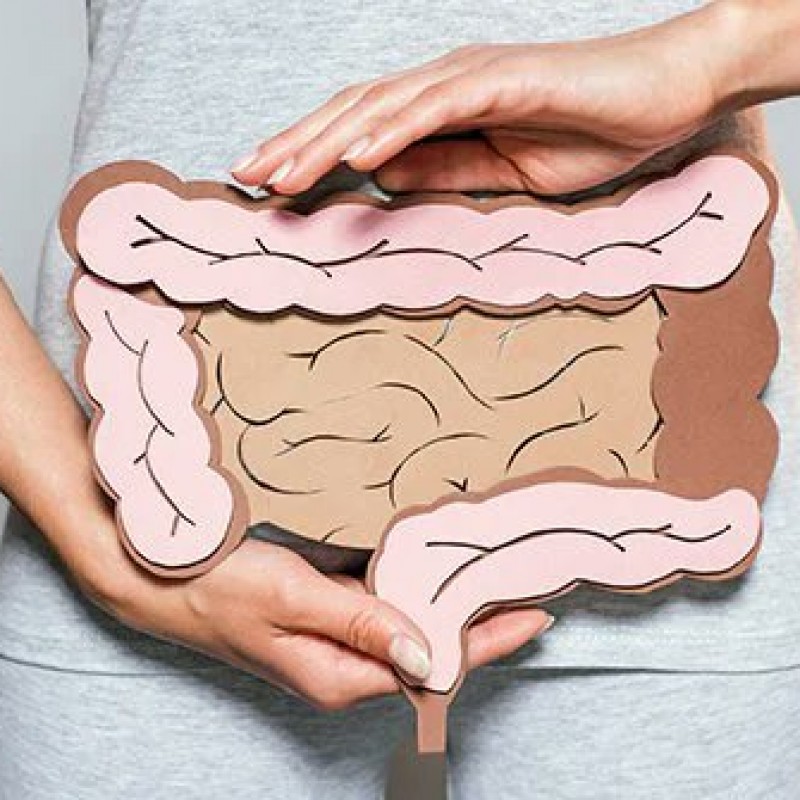What is intermittent fasting?
A program that limits when and how much you eat, and it has several ways:
* Fasting for days and eating normally every two days
You only eat 25% of your daily calorie needs in one meal, so if you were consuming 1,800 calories Monday, Wednesday, and Friday, you would eat a 450-calorie meal Tuesday, Thursday, and Saturday
* Program 5: 2
eat normally for five consecutive days; Then for two days in a row, you only eat 400 to 500 calories a day.
* Program 16: 8
Every day is the same: you fast 16 hours in a row, then eat normally within eight hours, such as between 9 a.m. and 5 p.m.
What are the benefits?
The benefits of intermittent fasting appear to affect many aspects of health. These effects could theoretically result from upsetting the metabolic system.
Fasting causes blood sugar levels to drop and in response, the body uses fat instead of glucose as an energy source, after converting fat into ketones.
Scientific evidence shows that 6-hour eating and 18-hour fasting can lead to a metabolic shift from glucose-based energy to ketogenic energy, with increased resistance to stress, increased longevity, and decreased incidence of disease, including Cancer and obesity.
While other studies have shown that intermittent fasting does not differ between it and the calorie rationing system in terms of weight loss and heart protection
Does it have any harm?
Intermittent fasting can be risky in some cases. If you are at a normal weight, you may lose a lot of weight, which can affect your bones, your immune system in general, and your energy level.
It may affect diabetics as they need food at certain times or take medications that affect blood sugar.
People who need to take their medication with food - to avoid nausea or stomach irritation - may not find intermittent fasting appropriate.
Also, people who take heart or blood pressure medications may be more likely to develop serious potassium and sodium imbalances when fasting.
Do you still want to try it?
If you're considering trying intermittent fasting, especially if you already have health conditions such as diabetes or heart disease, talk to your doctor.
Decrease the time period for eating slowly, over several months.
Also continue your medication regimen as recommended by your doctor


